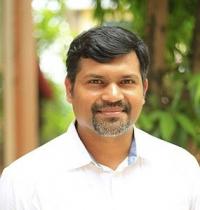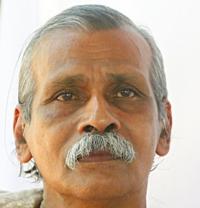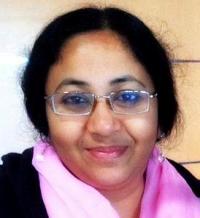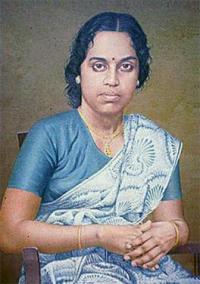Gurram Jashuva Biography 
Gurram Jashuva was a Telugu poet who lived in the 20th century. He lived during the period, 28 September 1895 – 24 July 1971, and he wrote mostly on social issues. He was awarded Padma Bhushan by the Government of India in 1970. Noted social reformer and writer Hemalatha Lavanam was his daughter. She was married to Lavanam, yet another social reformer. Gabbilam (1941) is Jashuva's best known work, inspired from Mehaduta written by Kalidasa. Kreestu Charitra in 1964 won Sahitya Academy award. Firadausi (1932) and Baapoojee (1948) are other major works.
Dalit communities in Andhra Pradesh consider Jashuva as the first modern Telugu Dalit poet. His mother was a Dalit. Gurram Jashuva was born on 28 September 1895 in Vinukonda, Guntur district, present-day Andhra Pradesh. Virayya and Lingamma were his parents, belonging to two different castes. Due to this reason and poverty, it was difficult to live in the social then, when caste played a prominent role. His parents raised him and his brother as Christians. After completing his graduation, he started off as a primary school teacher. In 1946 he joined Telugu All India Radio and worked as a producer. He was appointed as Member of Andhra Pradesh Legislative Council in 1964.
Since younger days, he has witnessed caste prejudices such as untouchability and later such experiences deeply influenced his works, and he poured his feelings through words. His works like Gabbilam, Firadausi and Kandiseekudu were well received. His verses were used for the popular mythological play, Harischandra. Dalits regard him as the first Dalit modern poet of Telugu literature, and on his birth centenary, celebrations were done in grand and efforts were taken to rehabilitate his literary contributions. Jashuva Sahitya Puraskaram was instituted by the Jashuva Foundation to give literal awards belonging to poets from different Indian languages.
Published: October 08, 2018
Updated: October 08, 2018



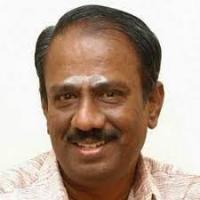
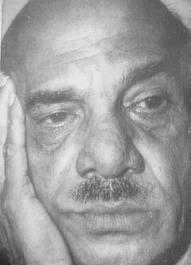
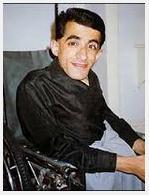
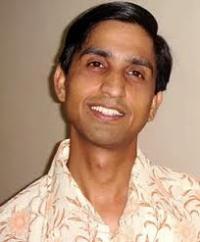
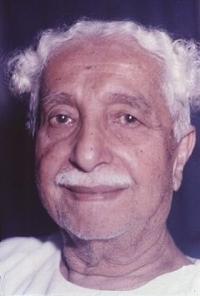
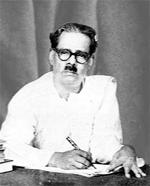
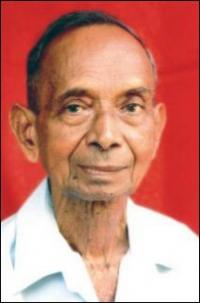
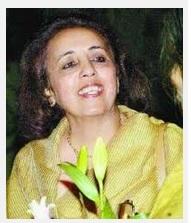
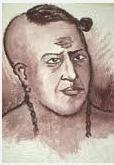
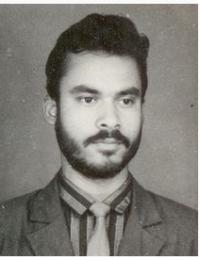

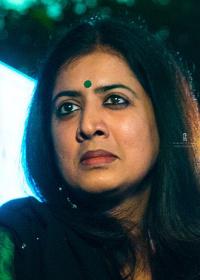
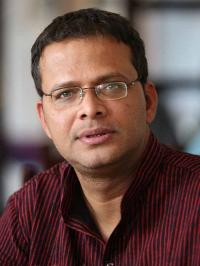
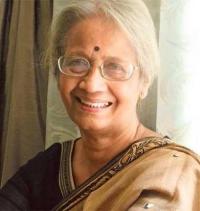

.jpeg)
